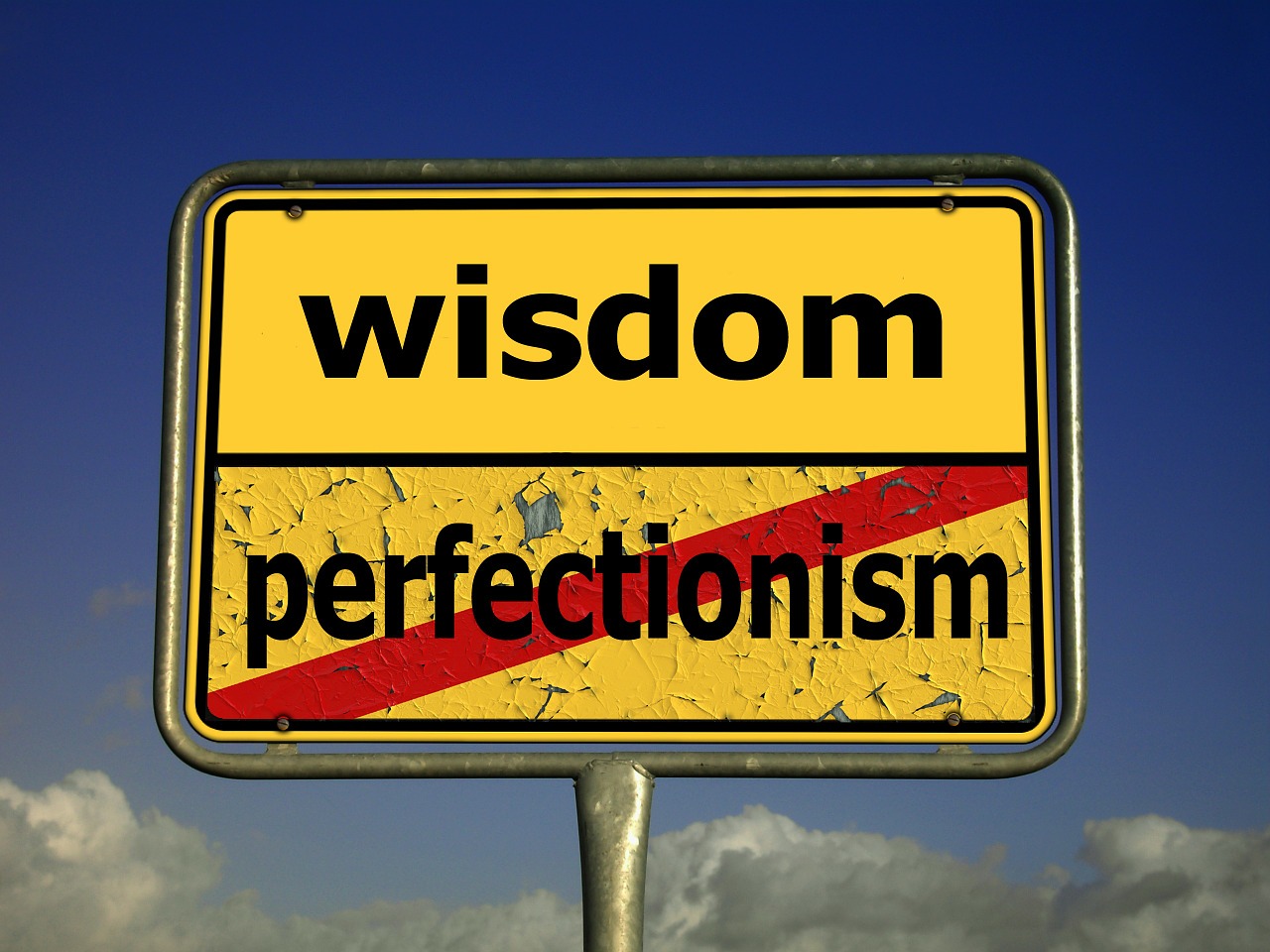
Will you try an experiment with me? Read the following paragraph and check back in with me afterward.
“You’re a total idiot. Why on earth would you do something like that? You’ll never amount to anything because you can’t get your s*** together. Pull yourself together and stop acting like a big baby!”
After reading that paragraph, how motivated do you feel to go out and conquer the world? Was any of the above paragraph familiar to you? Has anyone ever talked to you like that? Or do you talk to yourself that way?
Thanks for doing that little experiment with me. You now have my permission to erase the above paragraph from your mind. This exercise helps to highlight that many of us talk to ourselves in a very harsh voice, often using much harsher words than we would ever use when speaking to someone else. Why do we do it? Well, the answer to that question may take some personal reflection and exploration but most often, we have learned to be mean to ourselves at some point in our lives. Maybe we saw a parent be really hard on themselves, maybe we had a harshly critical coach or teacher, or maybe our culture socialized us to believe we are not worthy. Although we all may learn these tendencies in different ways, there’s a common end result: we learn to be our own worst–sometimes vicious–critic. As a psychologist, I can tell you, with great certainty, two truisms about being mean to yourself: 1) IT’S NOT HEALTHY!, and 2) IT’S NOT EFFECTIVE! I hope you can tell that these are REALLY IMPORTANT points because I used ALL CAPS! I won’t do that again, I promise.
Let’s look a little closer at these points. First of all, it’s not healthy to be mean to ourselves. We have a nice body of research now showing that there are negative health consequences to maintaining a harsh, unforgiving view of yourself (or others, for that matter). People who are able to be self-compassionate are physically and emotionally healthier. Secondly, being mean to ourselves is not an effective way to motivate ourselves to do better. In fact, being mean to ourselves tends to have the exact opposite effect! Think back to our little experiment earlier. Those kind of harsh words tend to be demeaning, which is probably going to make it less likely that we “get our s***” together.
SO PRETTY PLEASE STOP BEING MEAN TO YOURSELF! IT’S NOT HEALTHY AND IT’S NOT EFFECTIVE! BOOM! Oops. I thought I was done with ALL CAPS. Please forgive me. I think I’ve gotten it out of my system now.
There is a different way to motivate ourselves, one that is much more affirming…and we get the added bonus that it is research-supported. We can motivate ourselves with self-compassion. Self-compassion is the ability to connect with our own humanity, which involves accepting that we are perfectly imperfect, just like everyone else. Self-compassion is the ability to treat ourselves with the same dignity, respect, and consideration we show to others. Self-compassion is also the ability to comfort, reassure, and encourage ourselves.

Some of you reading this may be skeptical so it’s time to bust the most common misconception about self-compassion. Self-compassion does not equal self-indulgence. Self-indulgence is opting for short-term satisfaction over long-term wellbeing. For example, self-indulgence is singing, “🎶Nobody knows the troubles I’ve seen🎶” while telling yourself it’s ok to eat the entire tray of brownies because you’ve had a bad day. In contrast, self-compassion is being able to comfort and soothe your upset feelings after you’ve had a bad day. Self-compassion is a way to mindfully observe the urge to eat the whole tray of brownies and tenderly redirect yourself towards healthier ways of coping. Self-compassion is finding solace in the fact that you are not alone in having had a bad day. Countless other people have had bad days today, too. Some of them have probably even been tempted to eat that whole tray of brownies. Self-compassion is also forgiving yourself when you make a mistake, and learning how to glean the wisdom from that experience.
Practicing self-compassion can be challenging because most of us are never taught how to do it. A first step is to begin noticing those times when you berate yourself and then gently challenge yourself to find a more respectful way to talk to yourself. Another way to practice the skill of self-compassion is to generate loving, kind feelings and well wishes for important others in your life, even pets, and then see if you can offer the same loving kindness and well wishes back to yourself. A regular meditation practice often helps people develop their ability to be self-compassionate. If you need guidance, there are plenty of guided self-compassion meditations available online and in devoted meditation apps. And definitely check out http://self-compassion.org, the website of Dr. Kristin Neff, a research psychologist at the University of Texas at Austin. It is full of wonderful information, practices, and resources for self-compassion.
Commit to be kind to yourself. You’ll be healthier and more motivated to make positive change.
Compassionately yours,
Dr. Jen




